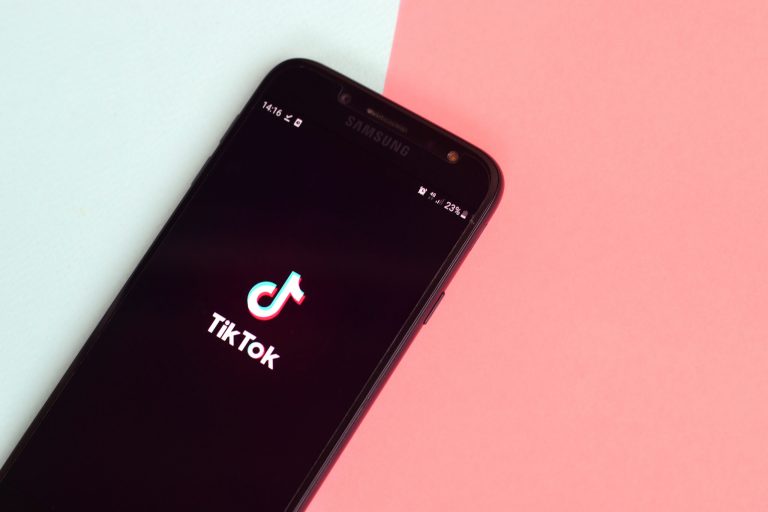TikTok has agreed to permanently withdraw its ‘Lite Rewards’ program from the European Union in response to concerns raised by the EU Commission.
This decision, made under the Digital Services Act (DSA), highlights the growing scrutiny of digital platforms, particularly regarding the safety and well-being of users, especially children.
In April 2024, the EU Commission initiated formal proceedings against TikTok, focusing on its “Task and Reward Program” of TikTok Lite, a lighter version of the main app launched in Spain and France.
The program allowed users to earn points by performing tasks such as watching videos and liking content.
The Commission was concerned that this program might infringe upon Articles 34 and 35 of the DSA, particularly regarding the lack of prior diligent assessment of physical and mental risks, the addictive nature of the platform, and the absence of effective risk mitigation measures.
Concerns over child safety
One of the primary issues was the suspected lack of effective age verification mechanisms on TikTok, raising alarms about the potential impact on children.
To comply with the DSA, TikTok has committed to permanently withdraw the Lite Rewards program from the EU and agreed not to launch any similar program that could circumvent this withdrawal.
The commitments made by TikTok are legally binding, and any breach would immediately constitute a violation of the DSA, resulting in fines.
Thierry Breton, EU Commissioner for Internal Market, emphasized the importance of this decision, highlighting the addictive potential of such programs and the need to protect young Europeans’ “brain time.”
The DSA, which came into force for all online platforms in the EU on February 17, 2024, aims to ensure a safer digital space.
The TikTok proceedings represent the first case closed under the DSA and mark the first time the EU Commission has accepted commitments from a designated online platform against which it had opened formal proceedings.
Ongoing scrutiny of TikTok practices
Separate proceedings against TikTok, launched by the EU Commission in February 2024, are still ongoing.
These proceedings are assessing whether TikTok has breached provisions related to the protection of minors, advertising transparency, data access for researchers, and the risk management of addictive design and harmful content.
A lawsuit was filed by the US government against TikTok and its parent company ByteDance in August 2024.
The lawsuit alleges widespread violations of the Children’s Online Privacy Protection Act (COPPA).
Western governments have also expressed significant concerns about ByteDance’s links to the Chinese Communist Party, leading to the app being banned on official devices.
In March 2024, the US Congress approved a bill compelling ByteDance to divest the social media platform or face a complete ban in the US.
This legislative pressure underscores the global scrutiny TikTok is under regarding privacy and security concerns.
TikTok’s decision to withdraw the Lite Rewards program from the EU marks a significant step in aligning with regulatory expectations and addressing safety concerns.
The latest development sets a precedent for how digital platforms may need to adapt their practices to comply with stringent regulations designed to protect users, particularly the younger demographic. The move also reflects the broader trend of increasing regulatory scrutiny on tech giants globally, emphasizing the importance of responsible digital practices in safeguarding user well-being.
The post TikTok to withdraw Lite Rewards program permanently from EU amid safety concerns appeared first on Invezz



